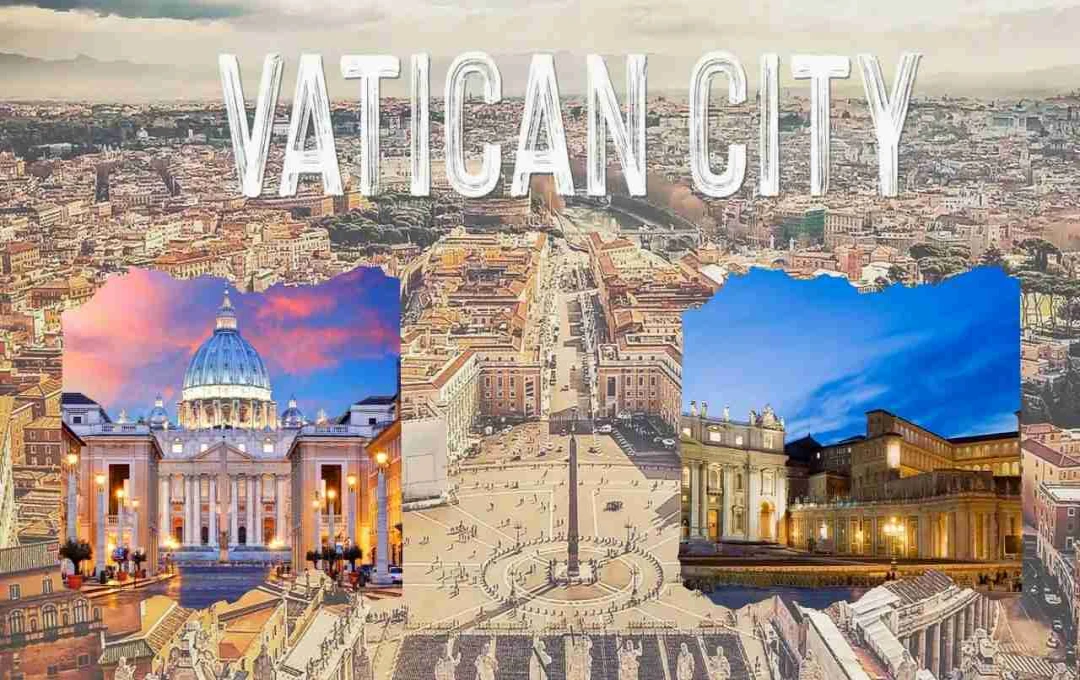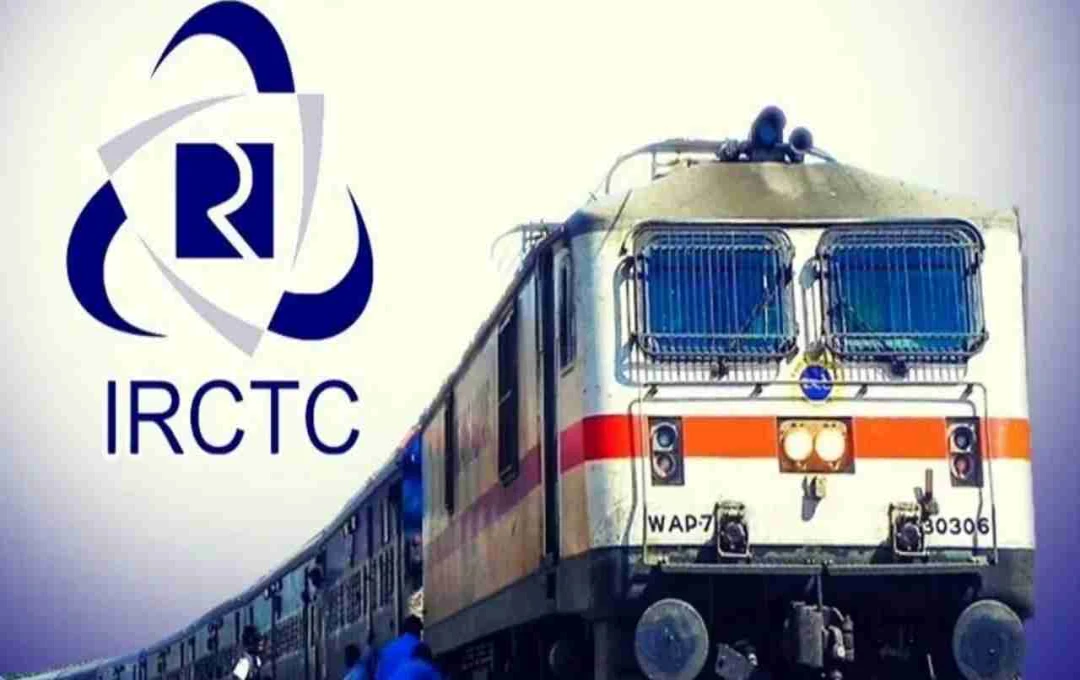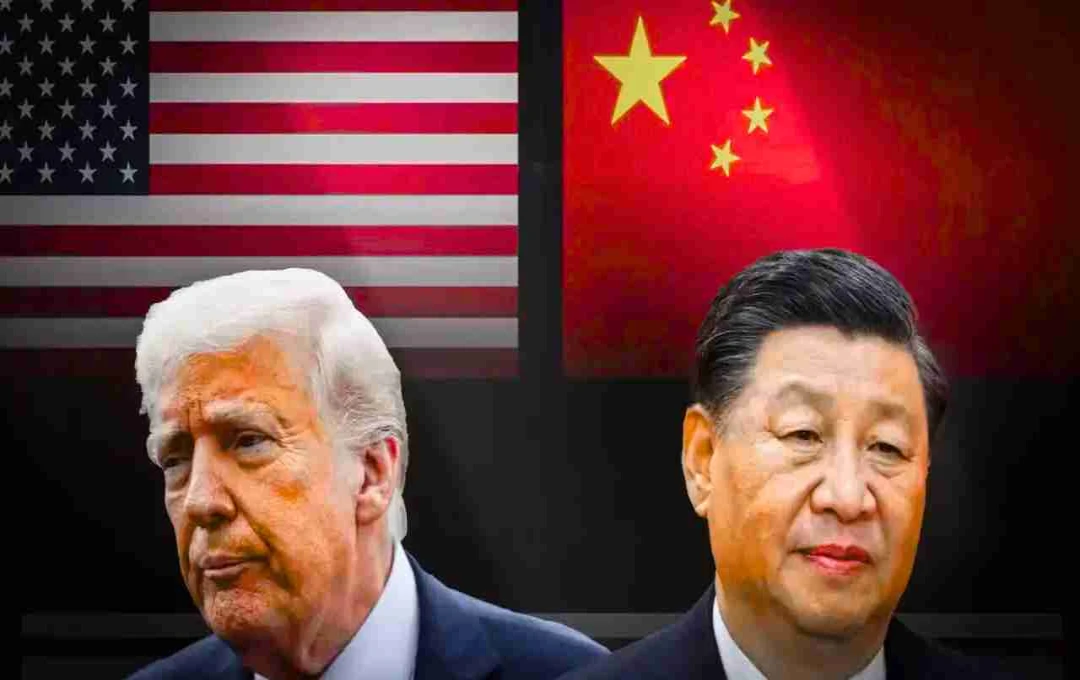Vatican City, the world's smallest country, is facing a serious economic crisis. While known as a religious and spiritual center, its financial situation is a growing concern.
World News: Vatican City, one of the world's smallest and most enigmatic countries, is grappling with a profound economic crisis. Though considered a center of religious and spiritual power, it faces significant financial challenges. Severe budget constraints and deficits may force the Vatican to consider selling some of its valuable assets. This economic crisis presents a major challenge to the new Pope Leo XIV, who must determine how to address this critical situation.
Vatican's Revenue Sources and Problems
Vatican City levies no taxes on its residents and does not issue bonds. Its primary income sources are donations from around the world, ticket sales from Vatican museums, investment returns, and its extensive real estate holdings. However, revenue from all these sources is steadily declining. In 2021, the Vatican's total income was approximately $878 million USD, significantly less than its expenses, resulting in a growing deficit.
Church financial experts indicate that declining donations and weak investment returns are major contributors to the Vatican's economic crisis. Concerns are rising about the financial health of the Holy See, the central governing body of the Catholic Church, as expenses continue to rise while income remains stagnant or decreases.
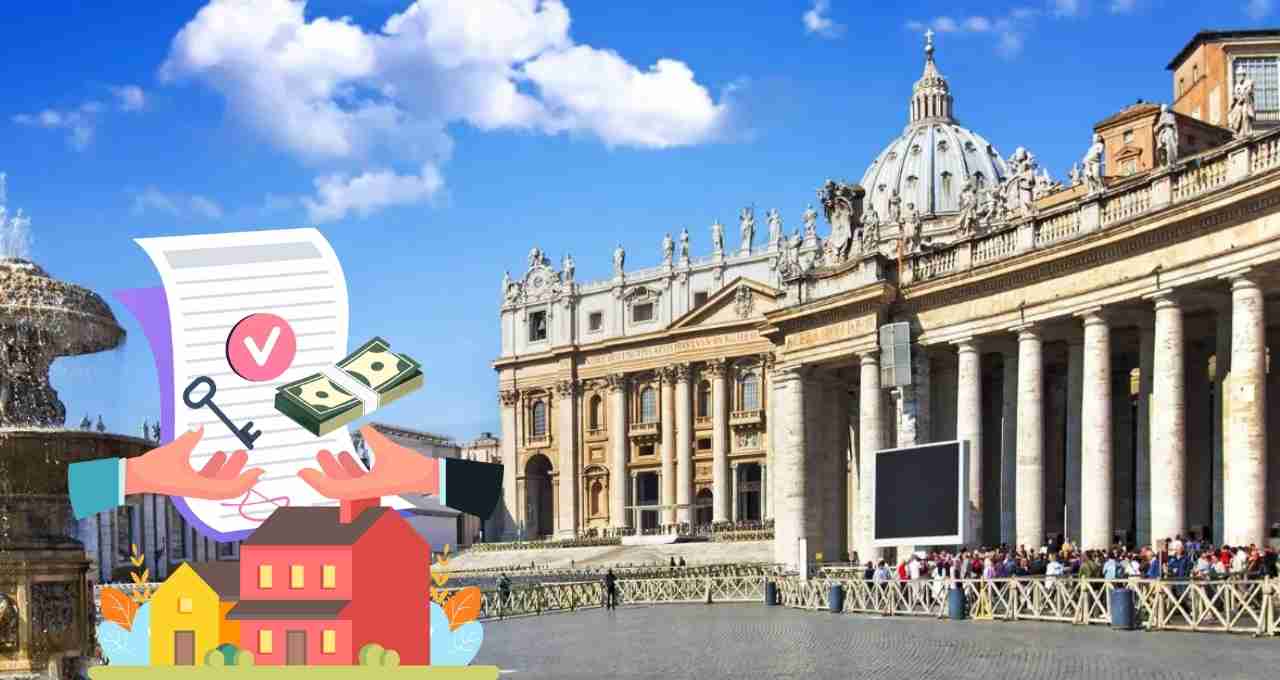
Declining Donations and the Contribution of American Bishops
Pope Leo XIV's primary challenge is navigating the Vatican out of its deficit. Two major revenue streams are annual dues from bishops worldwide and "Peter's Pence," a special donation typically collected at the end of June.
While these donations from the United States remain significant, their amounts are decreasing. The decline in annual payments from American bishops and waning interest in Peter's Pence are causes for concern. Raising donations outside of Europe and the United States is proving particularly challenging due to the weakening of traditional philanthropic sentiments in those regions.
Reduced Income from Real Estate Holdings
The Vatican owns thousands of properties across several European countries, including approximately 4,249 in Italy and over 1,200 in major cities like London, Paris, Geneva, and Switzerland. However, only one-fifth of these properties are rented at fair market value. Approximately 70 percent generate no income because they house Vatican or Church offices, while a small remaining portion is rented to employees at reduced rates.
These properties generated only $39.9 million USD in revenue for the Vatican in 2023, falling far short of its economic needs. This means the Vatican is significantly underutilizing the potential income from its real estate holdings.
Why Consider Selling Properties?
Ward FitzGerald, president of the Papal Foundation in the United States, suggests the Vatican should consider selling some properties. The upkeep of many properties is expensive, and selling them could provide much-needed relief during this economic hardship.
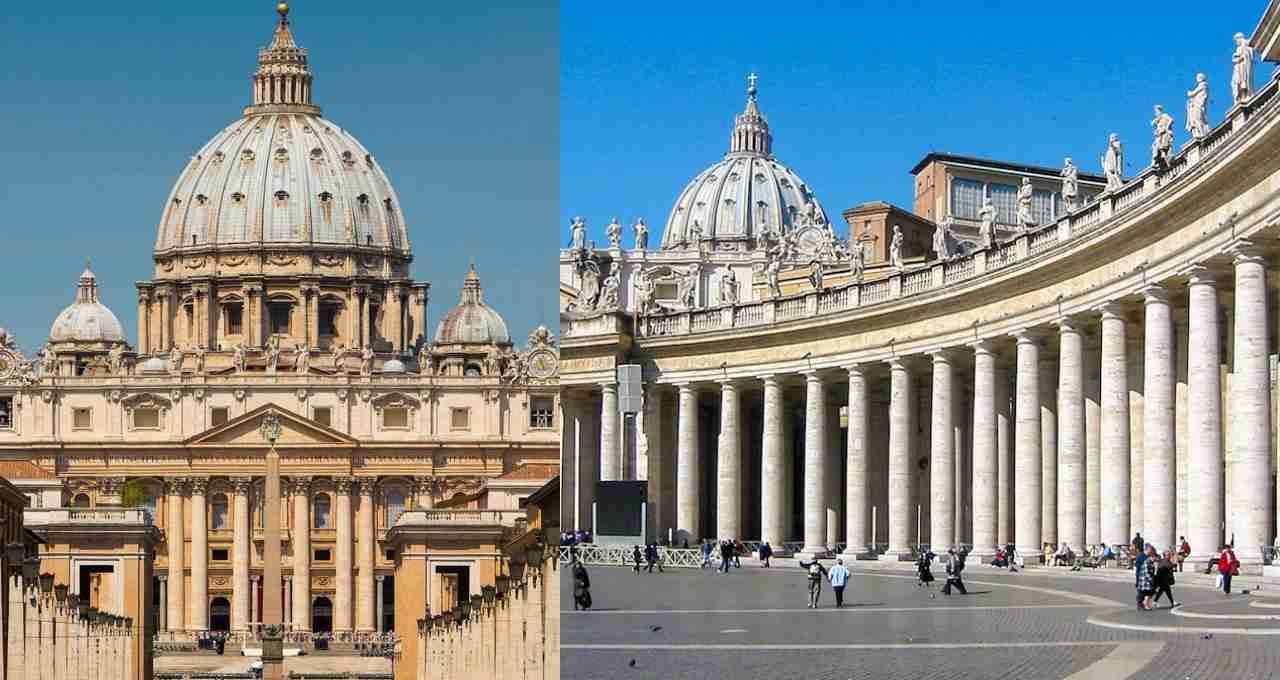
This step may also be necessary because of declining Catholic Church membership in Western countries, leading to empty churches and impacting other revenue streams. Furthermore, global economic instability is reducing investment returns.
Challenges Facing the New Pope
Pope Leo XIV must not only provide spiritual and religious leadership but also ensure the Church's financial stability to maintain its operations. He will need to work diligently to attract donors from outside the United States and Europe. Simultaneously, improvements to real estate management are necessary to maximize revenue from existing assets.
New strategies could include fundraising through digital platforms, exploring new investment options, and increasing transparency in property management. Furthermore, the Church may need to seriously consider property sales if necessary.
